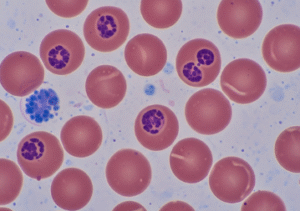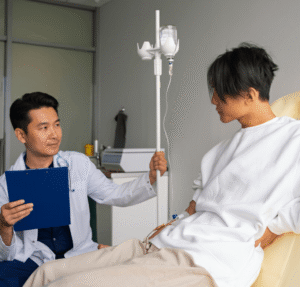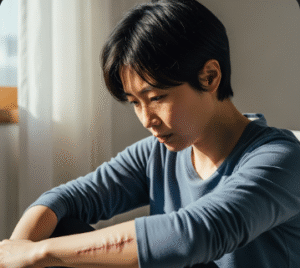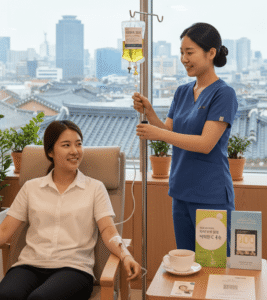Overview
Phobic Anxiety Disorder is a type of anxiety disorder characterized by an intense, irrational fear of a specific object, situation, or activity that poses little to no actual danger. This fear leads to avoidance behavior and can significantly disrupt a person’s daily life, relationships, and overall well-being. While phobias are common, they can become disabling when not properly managed. Effective treatments are available, including psychotherapy and medication.
What is Phobic Anxiety Disorder?
Phobic Anxiety Disorder, also known as a specific phobia, falls under the category of anxiety disorders. It is marked by a persistent and excessive fear of a particular trigger, such as heights, animals, needles, or social situations. The fear response is immediate and often disproportionate to the actual threat posed. Unlike general anxiety, phobic anxiety is tied to a clearly identifiable stimulus. The disorder can be categorized into several types, including specific phobias, social phobia (social anxiety disorder), and agoraphobia.
Symptoms
The symptoms of phobic anxiety disorder typically include both psychological and physical responses, such as:
- Intense fear or panic when exposed to the phobic stimulus
- Avoidance of the feared object or situation
- Rapid heartbeat, shortness of breath, or sweating
- Trembling or shaking
- Feelings of dizziness or faintness
- Nausea or gastrointestinal distress
- Sense of losing control or impending doom
- Anxiety that interferes with daily functioning
Causes
Phobic anxiety disorders can arise from a combination of genetic, psychological, and environmental factors:
- Traumatic experiences: A frightening or negative event associated with the phobic object/situation
- Learned behavior: Observing others (especially parents or caregivers) react fearfully
- Genetic predisposition: Family history of anxiety or mental health disorders
- Brain chemistry: Imbalances in neurotransmitters such as serotonin and dopamine
- Cognitive factors: Tendency to overestimate danger or lack confidence in coping abilities
Risk Factors
Certain factors may increase the likelihood of developing a phobic anxiety disorder:
- Family history of anxiety or phobias
- Childhood trauma or negative experiences
- Overprotective or anxious parenting styles
- Mental health conditions such as depression or generalized anxiety disorder
- Substance use or withdrawal
- Stressful life events or major transitions
Complications
If left untreated, phobic anxiety disorder can lead to:
- Severe social isolation
- Depression and other anxiety disorders
- Substance abuse (as a coping mechanism)
- Difficulty in school or work
- Impaired relationships
- Reduced quality of life and self-esteem
- Increased risk of suicide in severe, chronic cases
Prevention
While not all phobias can be prevented, early intervention and healthy coping strategies may reduce risk:
- Encouraging open communication about fears in children
- Promoting emotional resilience and stress management
- Seeking help early after traumatic experiences
- Practicing mindfulness and relaxation techniques
- Avoiding reinforcement of avoidance behaviors
- Providing supportive, non-judgmental environments
Treatment Options in Korea
South Korea offers world-class mental health care with a growing number of specialized clinics and hospitals focused on anxiety and psychiatric conditions. Treatment options include:
- Cognitive Behavioral Therapy (CBT): The most effective treatment for phobias, helping patients challenge irrational fears and reduce avoidance behavior
- Exposure Therapy: Gradual and controlled exposure to the feared object or situation to desensitize the individual
- Medication: Anti-anxiety medications such as SSRIs or beta-blockers may be prescribed to manage severe symptoms
- Virtual Reality (VR) Therapy: An innovative approach available in Korean clinics, using VR simulations for safe and effective exposure treatment
- Psychiatric counseling: Personalized talk therapy with certified psychiatrists or psychologists, many of whom are English-speaking and cater to international patients
- Mindfulness-Based Stress Reduction (MBSR): Often incorporated in holistic treatment programs at wellness centers and mental health clinics
- Inpatient programs: For individuals with severe phobias or co-occurring disorders, top Korean hospitals offer short- and long-term psychiatric inpatient care with 24/7 support
With modern mental health infrastructure and culturally sensitive care, South Korea is a trusted destination for phobia and anxiety treatment, attracting both local and international patients.













